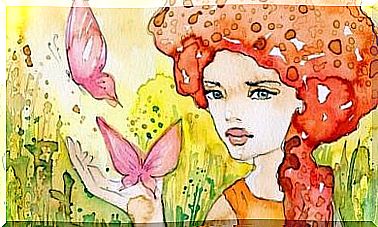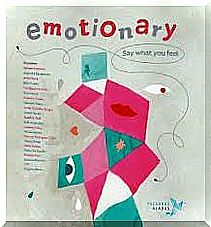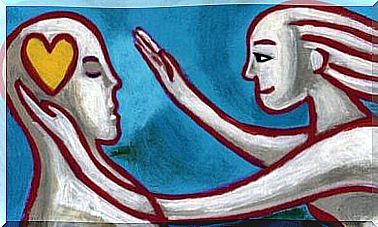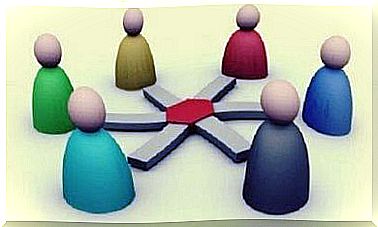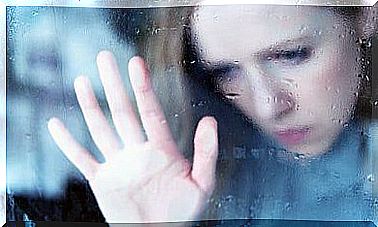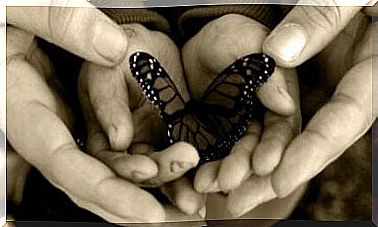When Parents Die – The Worst Thing That Can Happen To A Child
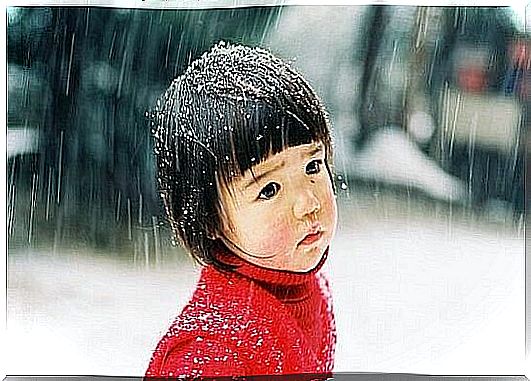
This is how Rafael Narbona’s testimony begins. He is a man who lost his father at a very young age. This is a situation that marked his life forever. It serves as proof that the worst thing that can happen to a child is that their parents die .
In childhood, children establish a special bond with their parents. More often than not, these bonds are positive and unconditional. Thanks to their parents, children experience a first contact that will shape their future relationship. With their support, with them as role models, these people will help them clear a path that is still unknown to them…. Remember, children are just beginners in the game of life. So if parents die at a young age, it can be a very hard blow that affects them in a profound way.
Why me? What would have happened if my parents had not died? What would they say about my current life? Will they be proud of the decisions I have made? These are questions that do not have a correct or incorrect answer. Nevertheless, they often follow these people for the rest of their lives.
When parents die, it leaves a permanent imprint – be it a scar or an open wound
Rafael Narbona still feels how difficult it was for him to lose his father at the age of 8 to a heart attack. The incomprehensibility of this unexpected event leads him to ask himself the question: “Why me?” . He sought solitude in his free time when he should have enjoyed life with the other children.
You might think, from an adult’s point of view, that children usually forget things quickly. Nevertheless, this is not the case for important life events. A child experiences with great intensity everything that happens to them. And the imprint that each event leaves behind is very difficult to erase. The moment of sadness, of seeing other children with their parents, and the rejection of this new, unknown, painful reality of death, can be dragged on for the rest of the child’s life.
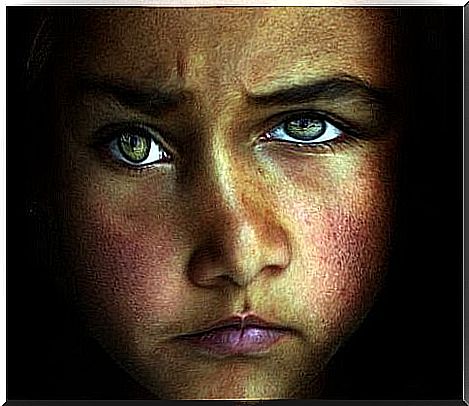
The death of a parent initiates a grieving process with successive phases that will last longer or shorter depending on the person. It also depends on how much they are affected by the situation. The initial anger, rage, and denial should subsequently be replaced by sadness and acceptance. In the case of Rafael Narbona, the anger and rage took some time to disappear. They were especially intense during adolescence.
Rebellion against authority figures and not respecting inside times sometimes is not an indication of a lack of upbringing. Sometimes it indicates a terrible pain residing in an individual. It is a way of manifesting their unhappiness in the face of something that is still rejected by their inner world.
When parents die, sadness can eventually turn into peaceful nostalgia
Like many children who lost a parent, Narbona transformed from a state of constant struggle against the world that manifested itself as rage. He became a professor, journalist and author, just as his father was. In his pain he idealized his father, to the point where he reached a turning point where he decided to follow in his footsteps. Yet the sadness remained. He went through a healing process where he saw his father as an imperfect but real man.
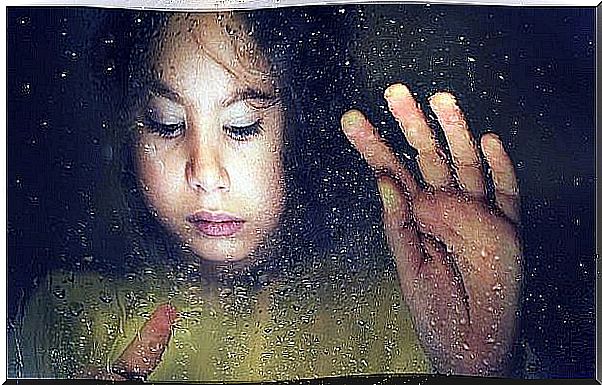
When one of their parents dies, children tend to cling to their idealized image while rebelling against a world that has taken their loved one away from them. Sometimes they end up following in their footsteps due to a deep-rooted desire. Not a desire to replace them, but to feel closer to the loved one. However, there is still a deep sadness and bitterness towards the world that one day took their family member.
Children suffer greatly if they lose one of their parents in their early years. Thus , it is important to allow them to express their feelings, to let them talk about it and how they feel. This helps prevent their emotions from stagnating in them without gaining meaning or purpose. In these cases, the emotions are most likely to appear later in life. They will also come out much stronger and with more rage. At this point , we will have less ability to help the child.
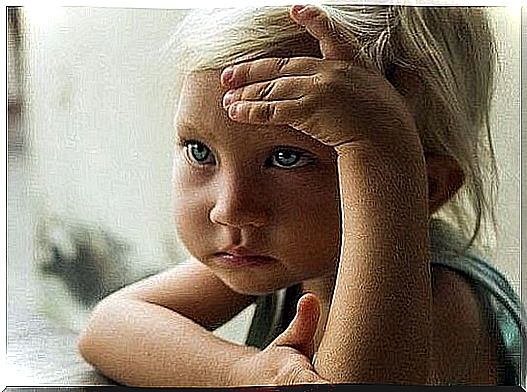
We cannot avoid what is happening, but we can gain more strength with each blow we endure. This will be an opportunity to learn and become more resilient. To mature at its own pace. To realize that life is not against you, it’s just what it is – random and whimsical at times. Finally, thanks to acceptance, sadness and longing for this lost parent will turn into peaceful nostalgia.

